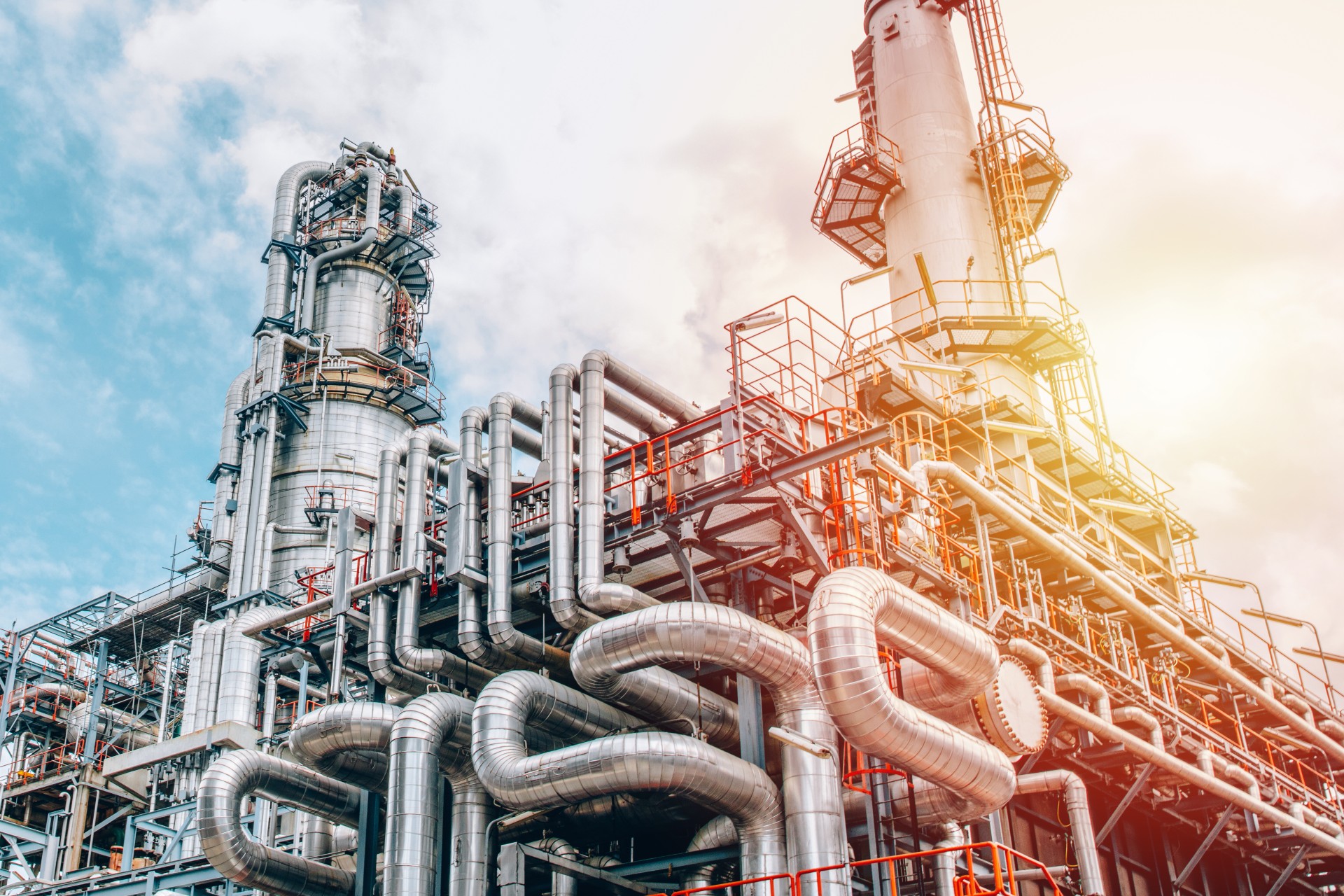
A Quick Guide On Hydrotreater
Hydrotreating refers to operations that refineries use to remove sulfur and other impurities. Also known as hydrodesulfurization, the process entails crude oil cuts being reacted with hydrogen using a catalyst at a very high temperature and moderate pressure. The process converts undesirable compounds such as olefins, metals, and nitrogen into stabilized products. However, some hydrotreated cuts may require additional processing to meet desired final products. Here’s what you must know about a hydrotreater and why it is important in refineries.
What are the different types of Hydrotreaters?
Commonly, a refinery has multiple hydrotreaters. They include:
- Kerosene hydrotreaters
- Naphtha hydrotreaters
- Distillate hydrotreaters
- VGO hydrotreaters
- FCC hydrotreaters
- Resid hydrotreaters
Each Hydrotreating unit is adapted to meet the end product. Hydrotreating naphtha isn’t the same as the process for distillate or kerosene fuels.
Why is Hydrotreatment Important?
Petroleum refineries convert crude oils to useful fuels and products while following government and safety requirements. Additionally, they must comply with environmental policies limiting the amount of sulfur and other fuel impurities. The Hydrotreatment process reduces the impurity content in petroleum products. As a result, it increases the efficiency of these fuels and reduces the production of harmful byproducts such as nitrogen oxide and sulfur oxide.
Hydrotreating is an effective method to remove several compounds. These are:
- Sulfur. This is the most vital compound to remove. It is present in almost all crude oils and is found in the form of sulfur mercaptans, diculfides, thiphenes and sulfides.
- Olefins. These are volatile. They are not ideal in fuels, hence transformed into stable derivatives.
- Metals. These are extracted as they can deposit in catalysts and engines.
- Nitrogen. This is treated with hydrogen gas and converted into ammonia gas.
- Oxygen. This is treated with hydrogen gas and eliminated as water.
What are the Basics of Hydrotreating?
Many assume that the Hydrotreating process is a single unit operation that converts crude oil into the final desirable desulfurized product. However, it is not the case as Hydrotreatment requires many operations in reactor manufacturers.
A reactor, gas separator, separation columns and heat exchanger may be required. The Hydrotreatment process is divided into three main areas.
These are:
- Heat exchange network
- The reactor where Hydrotreating occurs
- Stripping where the desulfurized product is separated from volatile gases and impurities
Why is Hydrogen important in Hydrotreatment?
Hydrogen is an important element in desulfurizing fuels. The hydrogen stream must be over 99% pure and have no humidity. It should also have low hydrocarbon content and low mercaptan and hydrogen sulfide of less than 0.1%.
Only about 15-30% of the hydrogen required is produced internally by the refinery. It is because they can use processes such as catalytic reforming of naphtha. The rest of the required hydrogen is supplied by external producers.
What is the future of Hydrotreatment?
Hydrotreating is important in addressing the challenges facing refineries today. Fuel consumption increases daily, putting pressure on the refineries to increase production. In addition, refiners face the challenge of acquiring low-sulfur crude oils since they have become scarce.
It forces them to acquire high sulfur crude oils while still trying to meet the sulfur restrictions imposed on them. To this end, refineries must address this compound challenge to enhance the overall hydrotreating process.
We all need clean and useful fuel products, commercially or otherwise. The hydrotreatment process enables petroleum refineries to make this a reality. However, with an increase in demand for fuel, many refineries face a challenge in keeping up with this demand. Hence they must find a solution that will enhance the overall Hydrotreating process.
Apart from that, if you are interested to know about The Significance Of Api 570 Certified Inspectors In Process Piping Integrity then visit our Business category.




